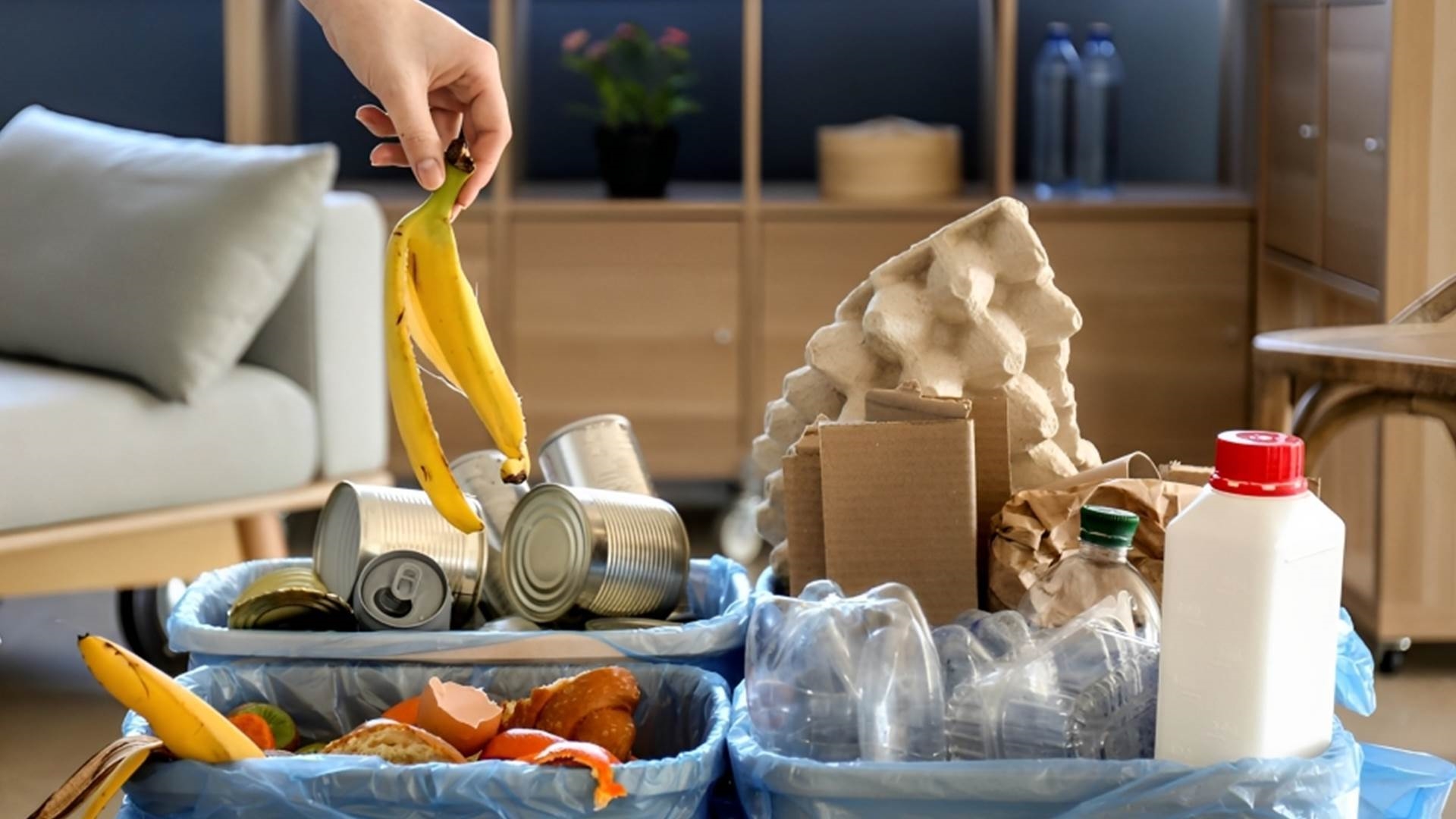Cultivating a Greener Future: Harnessing the Power of Sustainable Practices
Wegdan Mohamed

Many people believe that household waste poses no threat to the environment and health, but this is definitely a serious mistake. Household waste, especially the various chemical products used in all types of cleaning and sanitation, is a ticking destructive time bomb that has detrimental effects on human health and the environment.
This is because solid household waste, such as food waste, fruit and vegetable peels, acts as a breeding ground for insects that carry toxins and diseases. In addition, this waste pollutes the air with emitted gases or smoke from burning, leading to air pollution and chemical contamination.
The toxic gases emitted can cause acid rain, which can also damage buildings, historical sites, and statues. Acid rain accelerates the oxidation of iron and can react with various metals in industrial structures, causing corrosion and destruction.
The danger of waste lies in its interaction with water. When waste reaches water sources, it pollutes groundwater and becomes a breeding ground for disease-causing organisms such as rats, cockroaches, and flies.
The question here is how can we reduce our household waste?
We can achieve this through several simple steps. One of the most important is responsible shopping, refraining from buying unnecessary items or items we can do without.
This would prevent their accumulation in the household, and we can dispose of them in the trash, especially food items that may expire without being consumed, and we can benefit from them.
We can also avoid single-use items and focus on acquiring more sustainable materials. For example, plastic materials take an extremely long time to decompose, often more than 100 years, which significantly increases their danger.
We should also consider repairing the materials or devices we own before throwing them away and replacing them with new ones. Some items are easy to repair and do not require much effort or time. This approach also greatly helps in reducing waste and minimizing excessive consumption and purchasing.
Recycling is another option. We can contact local organizations in our city that are interested in the environment and request materials for recycling from our homes, such as newspapers and plastic materials.
All of these actions are easy and cost-effective. In fact, they save us money and protect our environment and planet, which have long suffered from human neglect and destruction. Start with yourself and be part of the change.








